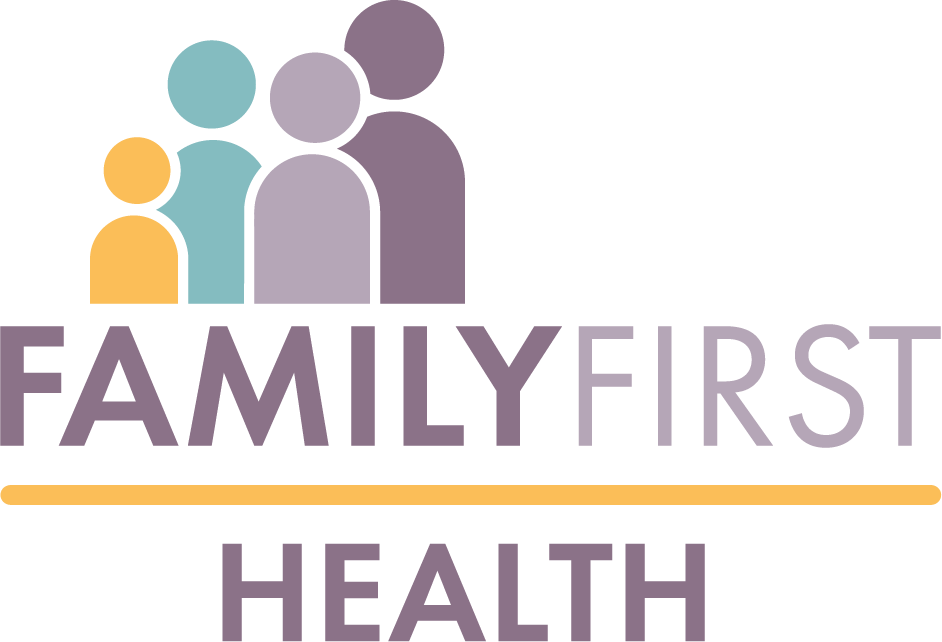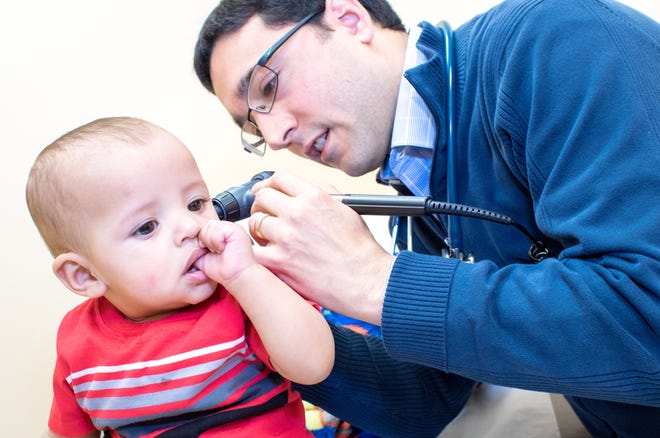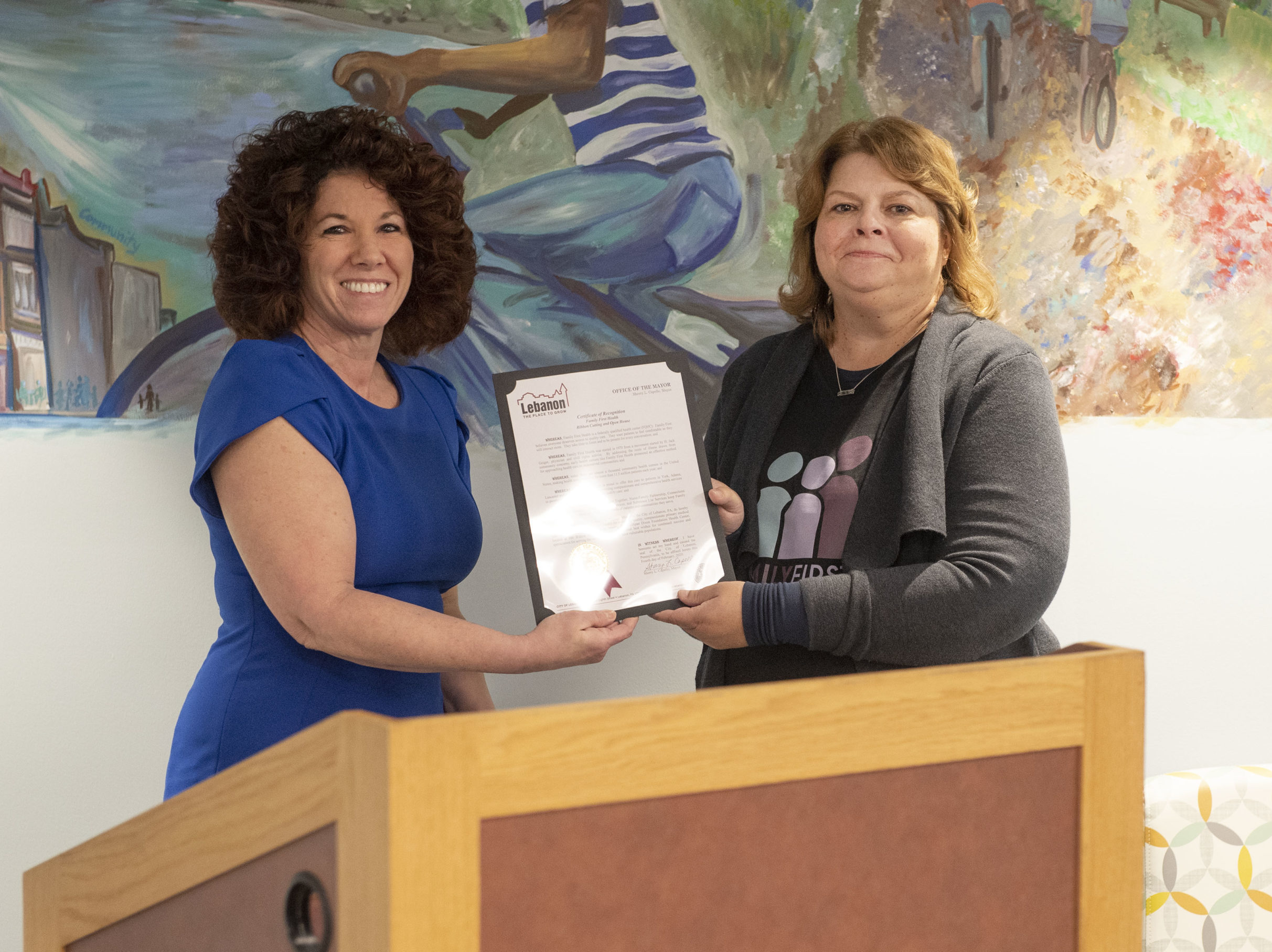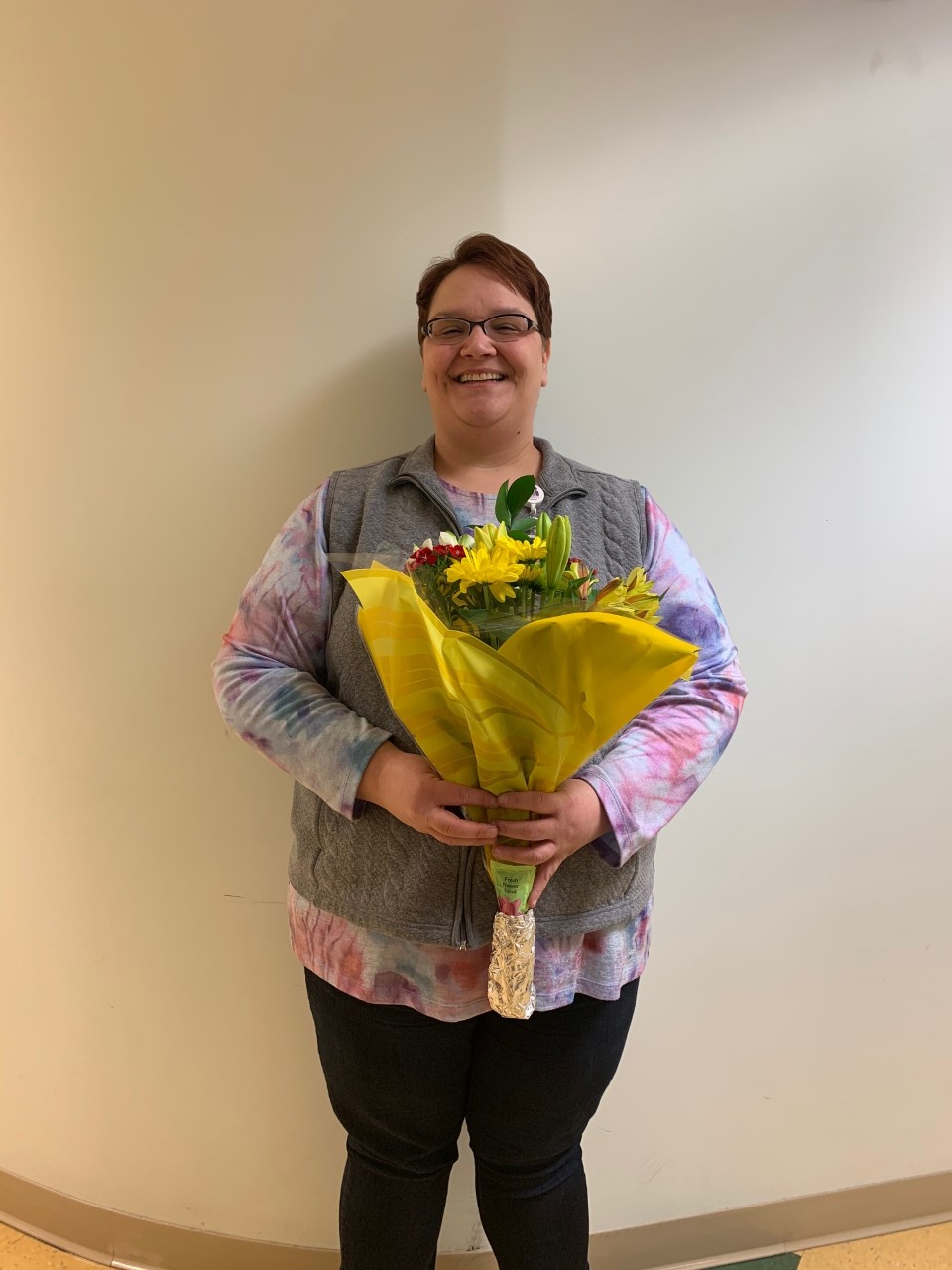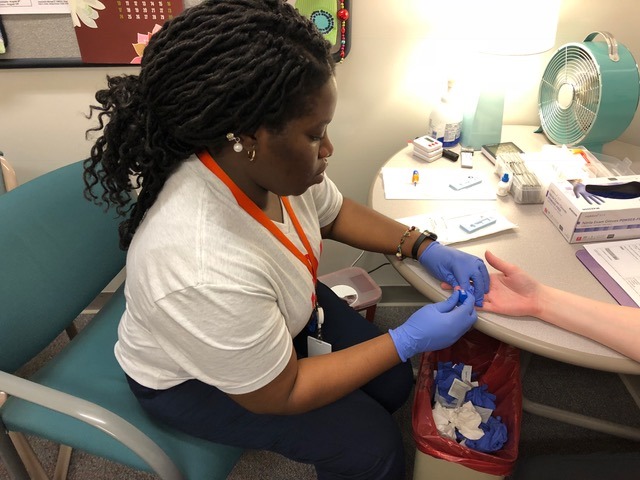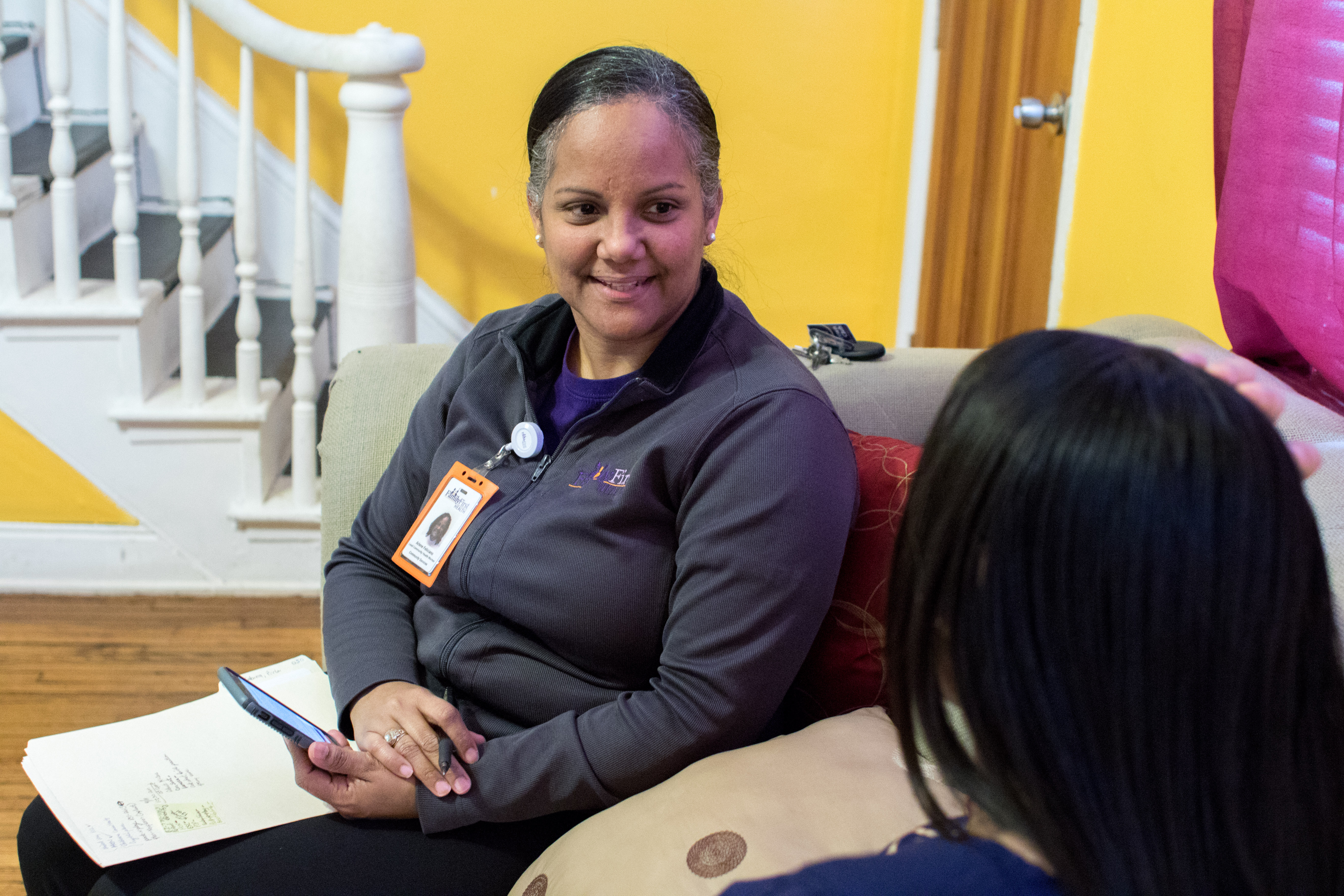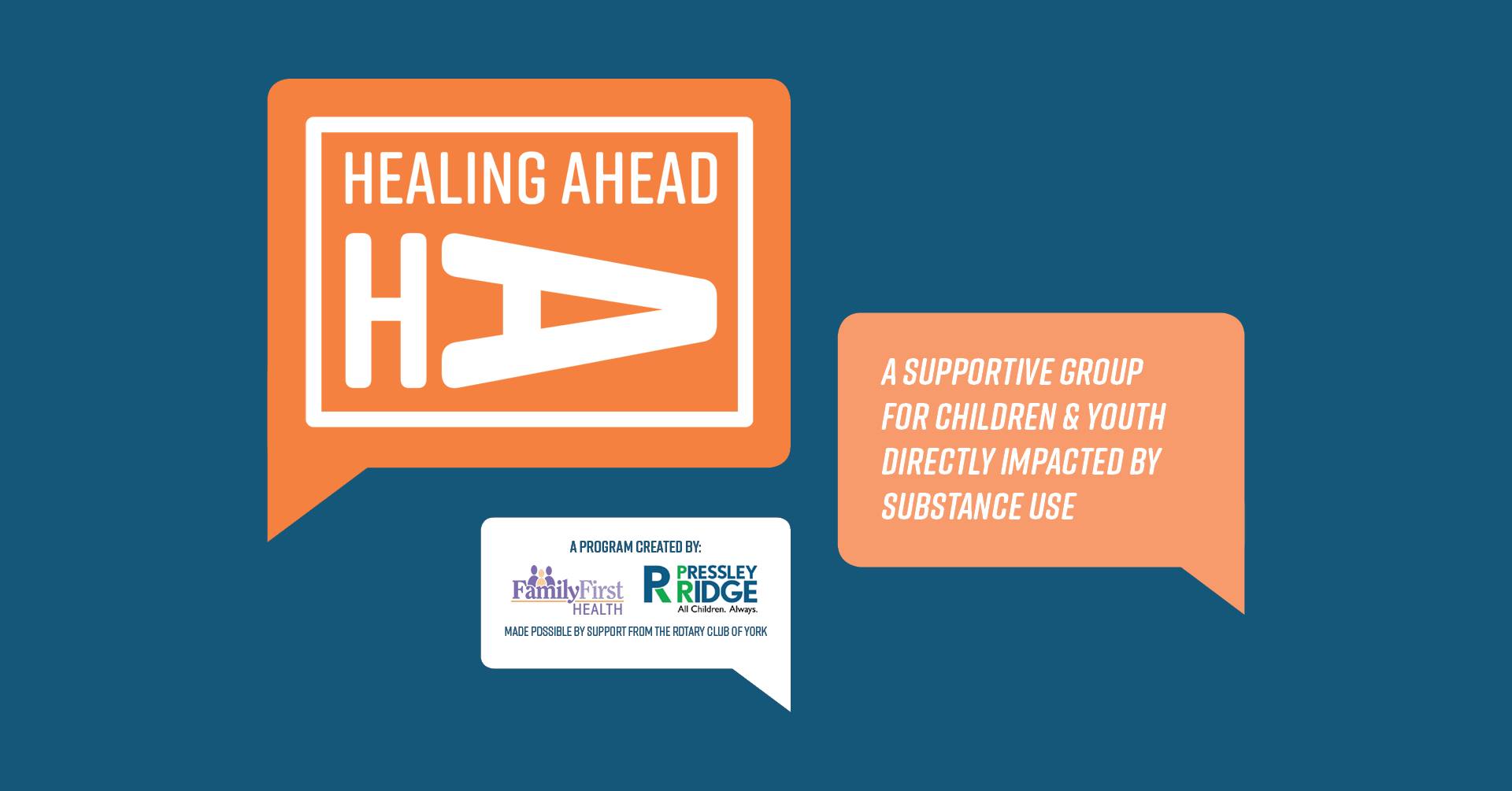When people get tested for COVID-19, how long results take depends on where they are processed.
Priority cases that go to the state or a health system’s labs are generally finished within a few to 48 hours. However, those labs don’t have enough capacity to handle all 22,000 tests currently being done daily in Pennsylvania.
So in Lancaster County and throughout the state, many of the tests are sent to commercial labs like Quest Diagnostics or LabCorp, which handle tests from across the nation and are getting backlogged because of outbreaks in other states.
Penn Medicine Lancaster General Hospital reports only 12 COVID-19 patients, lowest since March
Penn Medicine Lancaster General Hospital is processing about 2,100 tests per week for patients needing urgent or emergency procedures and people suspected of having the coronavirus. The average turnaround time for those tests is less than a day.
LGH sends about 1,200 other tests per week to Quest, where tests results are available after four or five days.
Dr. Michael Ripchinski is chief clinical officer at LGH, which was awarded a nearly $25 million contract in May to lead local testing and contact tracing efforts. He said the general goal is to get COVID-19 test results within three days.
He believes, he said, that it’s easier to get a test here now than at any point earlier in the pandemic, and he’s “expecting that capacity to test with better turnaround times to increase, as we bring on new technologies at LGH and we look for other partners in the region.â€
He said getting test results sooner is better so people testing positive can be informed and any contacts who were potentially exposed can quickly be alerted.
The coronavirus can spread quickly — some people develop symptoms as soon as two days after being exposed — and people can spread the virus even if they don’t develop symptoms.
More testing
When Penn Medicine Lancaster General Health was awarded the contract in May, the system estimated it might eventually take as many as 800 to 1,000 tests a day across the country to manage the pandemic well.
So far, overall numbers are consistently below that estimate, although Ripchinski said the county’s numbers were in that range two days in the past week.
Overall, though, state data shows the county averaged 497 tests a day in June, 580 a day in July and 585 a day so far in August.
Ripchinski said how many tests are needed comes down to what’s happening in the community and trying to ensure that everyone who meets the medical criteria to be tested can be.
Lancaster General recently broadened those criteria a bit, with the commissioners’ approval. He also noted that the system was not given a lump sum up front from the $24.7 million contract, but will be paid for services rendered.
He also said given persistent nationwide testing shortages and delays, setting testing protocols is a balancing act “so we can ensure we don’t overwhelm the system and make turnaround times longer.â€
All three county commissioners said by email Wednesday that they are satisfied or pleased with how things are going under the contract with Lancaster General.
“Since the county does not have a public health department, without LGH stepping up, we would likely lack the local contact tracing and local testing capacity that is currently in place,†Commissioner Craig Lehman wrote.
17 county testing sites
Lancaster General has seven of the 17 COVID-19 testing sites in the county, according to an interactive map from the state health department. The other 10 sites report similar dynamics; most are sending tests to commercial labs, although UPMC Pinnacle and WellSpan Health are doing some in-house.
UPMC doesn’t report local numbers, but said the majority of its tests in central Pennsylvania go to Quest, with turnaround varying by circumstance.
WellSpan said it does 80 to 100 in-house tests a week from Lancaster County, and sends about 325 to commercial labs; depending on the reason for testing, the commercial results take one to five days, or 10 to 14 days.
State health department spokesman Nate Wardle said in an email that the state lab can handle 1,000 to 1,200 priority cases, in situations where an individual may have exposed many other people, especially in places like nursing homes or schools.
By contrast, he said, Quest can take seven days or more, “potentially up to 14,†and the department has heard that LabCorp is taking approximately four days.
Test result times
Of 17 places in Lancaster County that the Pennsylvania Department of Health has identified as COVID-19 testing locations, seven are associated with Penn Medicine Lancaster General Health. The remaining 10 and the information they provided on testing are as follows:
• WellSpan Health (2 sites): 80 to 100 in-house tests a week from Lancaster County; sends about 325 to commercial labs; depending on the reason for testing, the commercial results take one to five days, or 10 to 14 days.
• UPMC Lititz (2 sites): Doesn’t provide local numbers, but reported its broader system can process up to 2,000 tests per day in-house, with results within 48 hours; the majority of its tests in central Pennsylvania go to Quest, “with turnaround times dependent on priority level and volumes.â€
• CVS (2 sites): Doesn’t provide local numbers. One of its partners got backlogged, with results taking six to 10 days and sometimes longer. It has added new partners and now expects majority of results within three to seven days.
• Lancaster Health Center: Averages 56 tests a week. Uses LabCorp; results are taking 24 to 48 hours.
• Patient First: Averages 185 tests a week from Lancaster, up from 108 in June. Uses Quest, with results taking five to eight days.
• Family First Health: Averages several patients tested a week. Turnaround recently improved to three days or less.
• MedExpress: Results are taking three to five days.
Find the full article: https://lancasteronline.com/news/local/how-long-are-covid-19-test-results-taking-in-lancaster-county-a-lot-depends-on/article_0bcaf79a-db20-11ea-9d37-bfdd6ac3eed5.html
